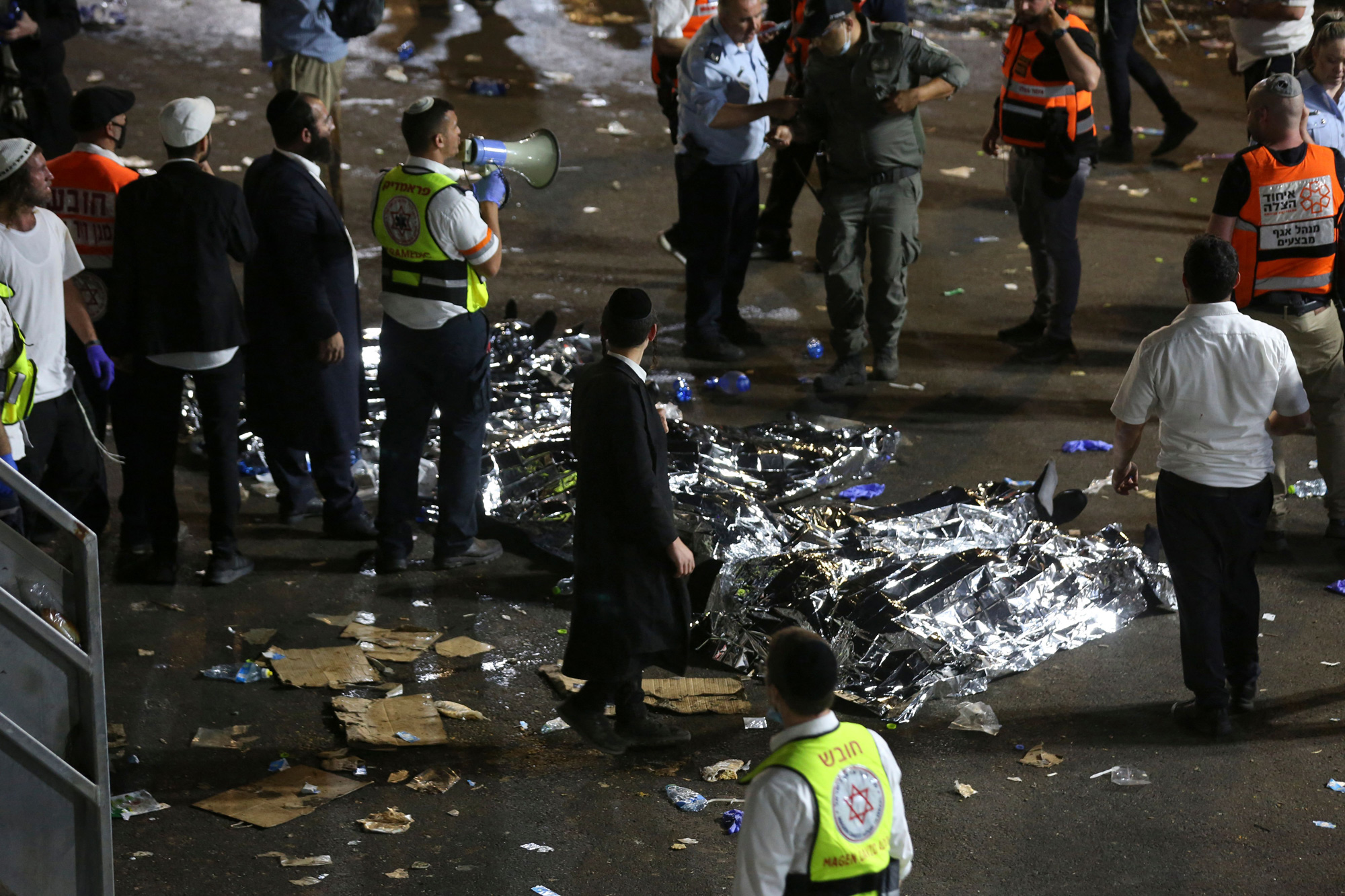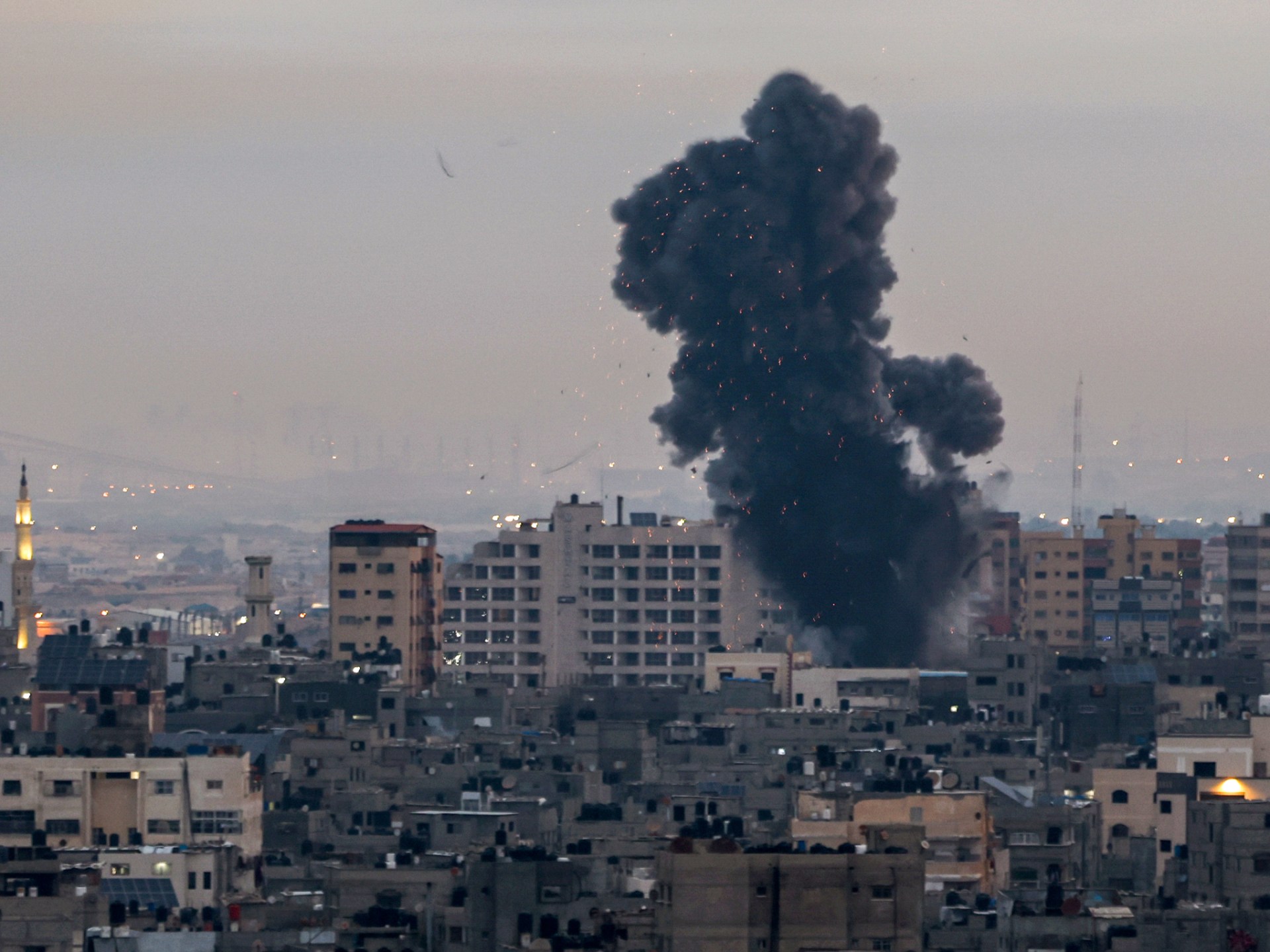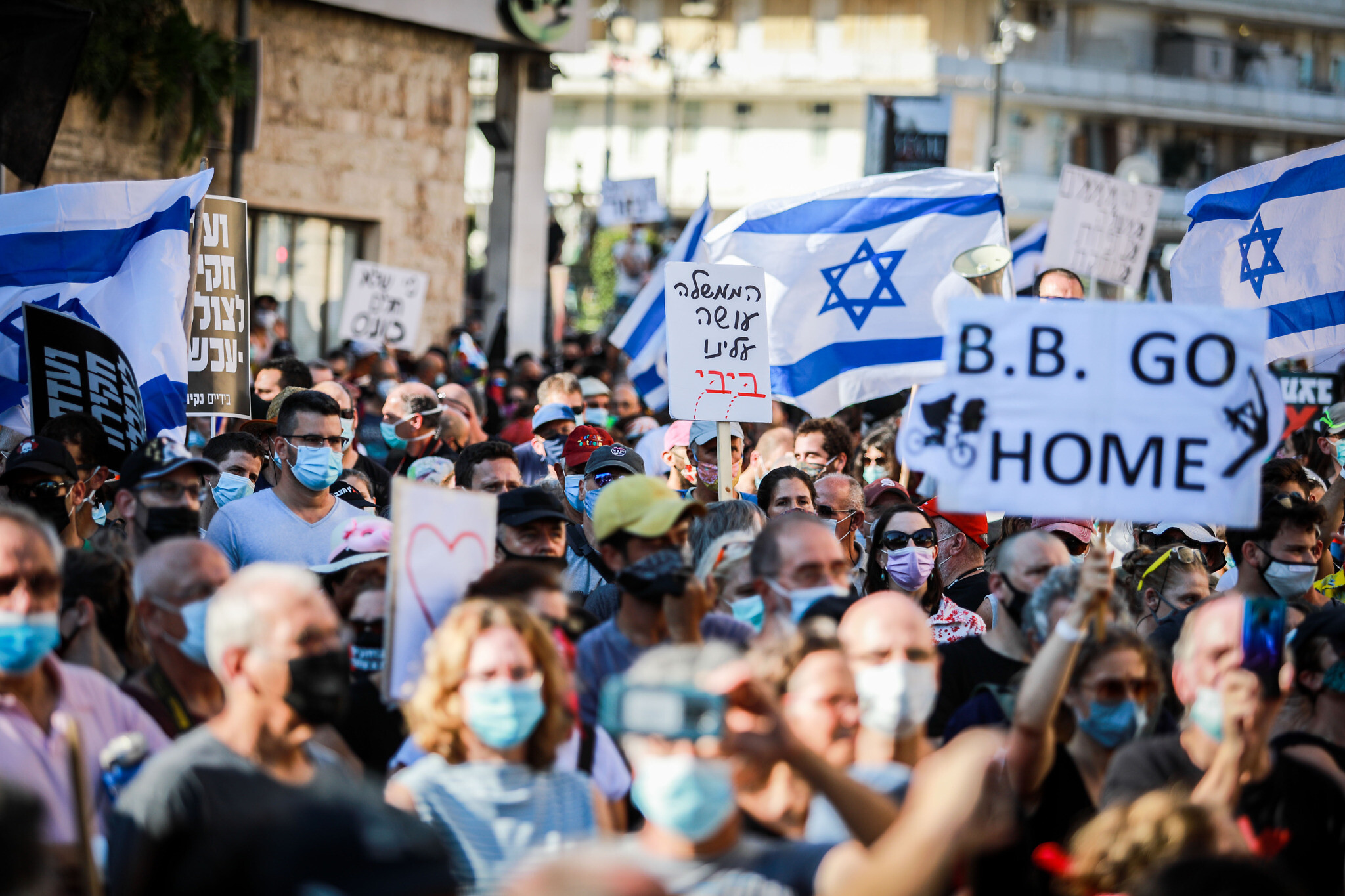Current Events and Headlines: Israeli News

Israel’s news landscape this week has been dominated by a confluence of political, economic, and social developments. From the ongoing negotiations surrounding the formation of a new government to the impact of global inflation on the Israeli economy, the country is facing a complex array of challenges.
Top 3 Israeli News Stories Today
The top three news stories in Israel today reflect the country’s current political and economic climate.
- Negotiations for a New Government Continue: After the recent elections, political parties are engaged in intense negotiations to form a new coalition government. The outcome of these talks will have a significant impact on the direction of Israeli policy in the coming years.
- Rising Inflation Erodes Purchasing Power: Israel, like many countries around the world, is experiencing a surge in inflation. This is putting pressure on household budgets and raising concerns about the cost of living.
- Social Protests Over Housing Costs: Protests against the high cost of housing in Israel have continued this week, highlighting the growing affordability crisis in the country.
The Most Significant Political Development This Week
The most significant political development this week in Israel has been the emergence of a potential coalition government. The negotiations have been complex, involving a diverse range of political parties with differing ideologies. The potential coalition is seen as a fragile alliance, with the potential for instability.
“The formation of a new government is a delicate process, and the outcome remains uncertain,” said a political analyst. “The potential coalition faces significant challenges, including navigating the diverse agendas of its member parties.”
Impact of Economic News on the Israeli Public
The recent economic news has had a significant impact on the Israeli public. Rising inflation and the cost of living have become major concerns, leading to widespread anxiety and frustration. The government has announced measures to address these issues, but it remains to be seen how effective they will be.
“The economic challenges facing Israel are a serious concern for many citizens,” said a consumer advocate. “The government needs to take decisive action to address the rising cost of living and protect the purchasing power of ordinary Israelis.”
Regional and International Relations

Israel’s foreign policy is shaped by its complex geopolitical environment, marked by ongoing conflicts, shifting alliances, and the need to balance security concerns with economic interests. The country’s relationships with its neighbors and the global community are constantly evolving, driven by both regional and international dynamics.
Israeli-Palestinian Relations
The Israeli-Palestinian conflict is a long-standing and multifaceted issue that has profoundly impacted the region and the international community. It involves a complex web of historical, political, and social factors that have contributed to a stalemate. The key challenges to achieving a lasting peace include:
- Land Disputes: Both Israelis and Palestinians claim sovereignty over the same territory, particularly in the West Bank and East Jerusalem. This territorial dispute is at the heart of the conflict, leading to ongoing tensions and violence.
- Security Concerns: Israel’s security concerns are paramount, given its history of conflict and the presence of militant groups in the region. The Palestinians, on the other hand, are concerned about Israeli military presence and restrictions on their movement and freedom.
- Political Deadlock: Negotiations between the two sides have stalled, with each side blaming the other for the lack of progress. This deadlock has fueled frustration and disillusionment among both Israelis and Palestinians.
- International Pressure: The international community has played a significant role in trying to facilitate a peace agreement, but the lack of consensus among major powers and the ongoing disagreements between Israelis and Palestinians have hampered progress.
Israel’s Diplomatic Relationships with Its Neighbors
Israel’s diplomatic relationships with its neighbors are a complex tapestry of historical animosity, evolving interests, and strategic considerations. The country has forged alliances with some of its neighbors, while maintaining tense relations with others.
- Egypt: The 1979 peace treaty between Israel and Egypt has been a cornerstone of regional stability. The two countries have cooperated on security issues and have developed economic ties.
- Jordan: The 1994 peace treaty between Israel and Jordan has also contributed to regional stability. The two countries have cooperated on water resources and have developed economic ties.
- Lebanon: Relations between Israel and Lebanon have been marked by conflict and tension, with ongoing disputes over the border and the presence of Hezbollah, a powerful Shiite militia.
- Syria: Israel and Syria have been in a state of war since 1967, with ongoing disputes over the Golan Heights. The Syrian civil war has further complicated relations between the two countries.
- Saudi Arabia: Israel and Saudi Arabia have no formal diplomatic relations, but there have been signs of a growing rapprochement in recent years, driven by shared concerns about Iran and the need for regional stability.
The Impact of Global Events on Israel’s Foreign Policy
Israel’s foreign policy is influenced by a range of global events, including the rise of new powers, the changing dynamics of international relations, and the evolving nature of threats.
- The Rise of China: China’s growing economic and military power has created new opportunities and challenges for Israel. The country is seeking to strengthen economic ties with China, while also monitoring its growing influence in the region.
- The Iran Nuclear Deal: The Iran nuclear deal, which was negotiated by the Obama administration and subsequently withdrawn by the Trump administration, has been a major source of tension between Israel and the United States. Israel has opposed the deal, arguing that it does not do enough to prevent Iran from developing nuclear weapons.
- The War on Terror: The global war on terror has had a significant impact on Israel’s foreign policy, leading to increased cooperation with Western powers in the fight against terrorism. The country has also been involved in military operations in the Middle East, including the 2003 invasion of Iraq.
Society and Culture

Israel’s society is a vibrant tapestry of diverse cultures, traditions, and beliefs. It’s a melting pot of Jewish communities from around the world, alongside a growing Arab population, and a dynamic mix of secular and religious lifestyles. This unique blend shapes the country’s social landscape, influencing everything from artistic expression to culinary traditions.
Trends in Israeli Society
Israel’s demographic landscape is constantly evolving. The country has experienced a significant influx of immigrants, primarily from Russia, Ethiopia, and France, contributing to a growing multicultural society. These new arrivals bring their own languages, customs, and traditions, enriching the existing cultural fabric.
Furthermore, social movements have emerged in recent years, addressing issues like gender equality, LGBTQ+ rights, and environmental concerns. These movements have played a crucial role in shaping public discourse and pushing for social change. For instance, the #MeToo movement has sparked a national conversation about sexual harassment and assault, while environmental activism has gained momentum, with groups advocating for sustainable practices and policies.
Cultural Expressions and Artistic Movements
Israel’s cultural scene is as diverse as its population. The country is home to a thriving arts community, encompassing various genres and styles.
| Cultural Expression | Artistic Movement | Description |
|—|—|—|
| Music | Mizrahi Music | Characterized by its use of traditional Middle Eastern instruments and rhythms, Mizrahi music has its roots in the musical traditions of North African and Middle Eastern Jewish communities. |
| Literature | Hebrew Literature | A rich and diverse literary tradition, Hebrew literature encompasses a wide range of genres, from poetry and prose to drama and children’s literature. Notable authors include S.Y. Agnon, Amos Oz, and David Grossman. |
| Film | Israeli Cinema | Known for its realistic portrayal of Israeli society and its exploration of themes such as war, immigration, and social conflict. |
| Dance | Israeli Folk Dance | A vibrant and energetic form of dance, often performed in groups and characterized by its use of traditional folk rhythms and steps. |
| Theatre | Israeli Theatre | A flourishing scene with a wide range of productions, from classical plays to contemporary works. |
Evolution of Israeli Cuisine, Israeli news
Israeli cuisine is a fascinating blend of culinary influences, reflecting the country’s history and diverse population.
| Timeline | Key Dishes | Influences |
|—|—|—|
| Early 20th Century | Hummus, Falafel, Shakshuka | Middle Eastern, North African, and Mediterranean |
| 1950s-1960s | Sabich, Knafeh | Influenced by Jewish communities from around the world, particularly from the Middle East and North Africa. |
| 1970s-1980s | Israeli Salad, Pita Bread | A focus on fresh ingredients and simple preparations, with an emphasis on vegetables and herbs. |
| 1990s-Present | Fusion Cuisine, Modern Israeli Cuisine | A fusion of traditional Israeli dishes with international culinary influences. |
Staying informed about the Middle East often means keeping a close eye on Israeli news. It’s a region where complex geopolitical dynamics are always in play, and understanding the perspectives and events in Israel can provide a crucial window into the wider regional landscape.
For those looking to delve deeper into this fascinating and often volatile region, exploring israeli news is a vital starting point.
The latest news from Israel focuses on the ongoing conflict in Gaza, with international pressure mounting for a ceasefire. While the situation remains tense, it’s important to remember that Minnesota Governor tim walz minnesota has spoken out in support of a peaceful resolution, emphasizing the need for humanitarian aid and a diplomatic approach to the crisis.
This echoes the sentiment of many international leaders, who are urging all parties involved to prioritize dialogue and de-escalation to prevent further suffering.
